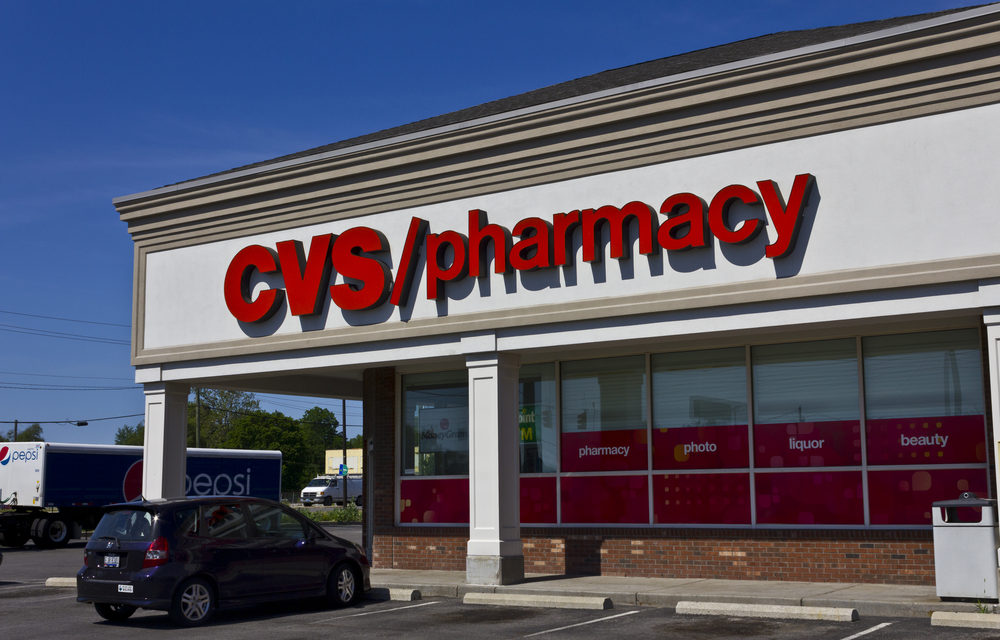(Reuters) – Pharmacy chain and benefits manager CVS Health Corp on Wednesday said as of Jan. 1 it will offer a new prescription benefit option guaranteeing its health plan clients 100 percent of any rebates, discounts or other fees paid by drugmakers.
The new plan model is aimed at providing greater drug cost simplicity, predictability and transparency, CVS said.
The “guaranteed net cost” option could also deflect growing criticism that pharmacy benefit managers (PBMs) reap gains off the widening gap between pharmaceutical list prices and their lower net cost after hefty rebates paid by drugmakers to secure coverage and access to their products.
President Donald Trump, who has promised lower prescription drug costs for U.S. consumers, earlier this year singled out industry “middlemen”, such as PBMs and insurers, and the common practice of drugmakers offering rebates to them.
PBMs like CVS’ Caremark unit make a profit by using their scale to negotiate drug prices and by providing cost-management strategies to health plans. Under its new option, CVS takes on the risk of drug price inflation and shifts in drug use – at least for the term of each contract.
The new model guarantees average spending per prescription across each distribution channel – retail, mail order and specialty pharmacy, Derica Rice, president of CVS Caremark, said in an interview.
Rival PBM Express Scripts Holding Co last month announced a new drug coverage list aimed at accommodating reduced prices for brand-name drugs as a way to encourage drugmakers to move away from paying rebates after a prescription is filled.
Trump Administration officials have also suggested ending the rebate practice.
“If rebates go away, this model accommodates that,” Rice said. “But as long as we get to the lowest net cost we are indifferent.”
He said plan sponsors still have the option to choose whether to pass on any rebates to patients at the pharmacy counter.
CVS said it is first offering the net cost model to employer-sponsored plans, but will eventually make it available to all clients, including government health plans.
Rice said both existing and new clients have already chosen to adopt the net cost model next year, but he declined to estimate how many clients were expected to make the switch.
The company, which last week completed its $69 billion acquisition of health insurer Aetna, said it hopes that other PBMs will shift to similar net cost pricing models, allowing clients the ability to assess the net cost of their pharmacy benefit and select a PBM based on that criteria.
Reporting By Deena Beasley; Editing by Bill Berkrot

